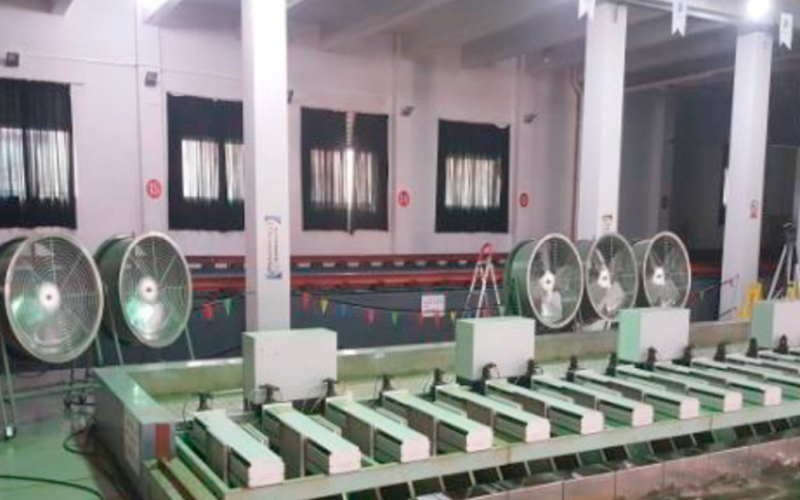Floating solar panels have recently gained traction as a promising clean energy solution that can overcome the challenges faced by land-based solar, offshore wind, and hydroelectric systems. Building on this demand, researchers at China’s Jiangsu University of Science and Technology have developed a floating solar system that can withstand harsh offshore conditions.
According to findings published in ‘Ocean Engineering’ journal, the team’s 1:20 scale model endured wave heights of up to 13 feet during testing, offering valuable insights for future innovation. The tests were conducted against 21 regular and irregular wave conditions. The design features floating pontoons and solar panels supported by a robust structure to ensure stability and performance in challenging marine environments.
“Our work advances understanding of hydrodynamic responses for offshore floating photovoltaic systems (FPV), paving the way for optimised performance and reliable and stabilised deployment in challenging marine environments,” researcher Sheng Xu said, adding, “These findings will contribute to the cost-effective deployment and robust application of floating solar technology.”
Jiangsu’s findings highlight a key vulnerability—wave angles hitting at 90 degrees to the system’s keel—and offer a roadmap for optimising designs to tackle such challenges. The research sets the stage for floating solar technology to play a vital role in the global transition to renewable energy.
Beyond clean energy generation, floating solar systems boast added benefits, such as cooling by water, improved efficiency, reduced evaporation, and algae growth control.





















